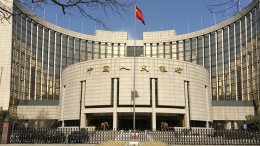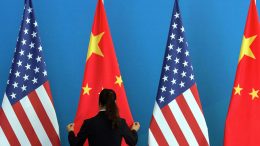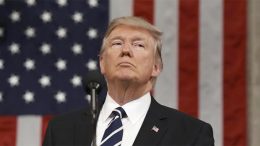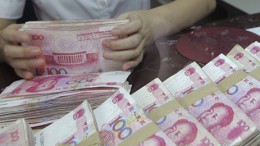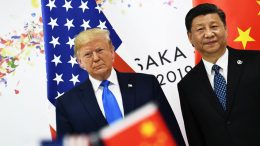Fears of a slowdown more pronounced
Investment Desk, Bank Degroof Petercam │ Fears of a slowdown are more pronounced. We are seeing a slight reduction in trade tensions since President Trump announced a partial delay in the imposition of new tariffs on Chinese products. The tariffs on approximately half of the 300,000 goods subject to the measures will be introduced from 15 December instead of September.


